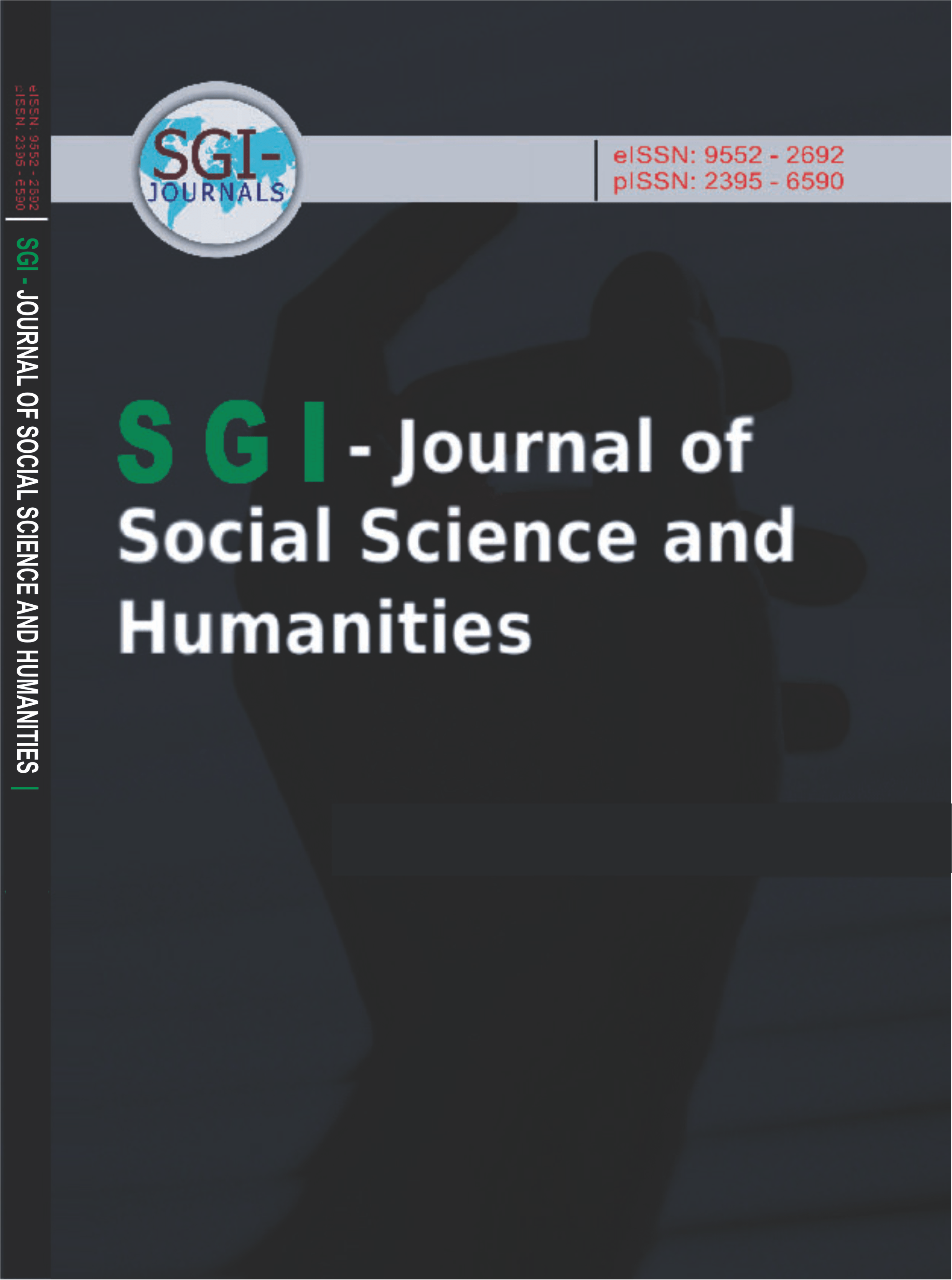SGI-JOURNAL OF SOCIAL SCIENCE AND HUMANITIES (SGI-JSSH)
INCENTIVIZING STAFF IN AN ERA OF SEVERE FINANCIAL LIMITATIONS
E-ISSN: 9552-2692
P-ISSN: 2395-6590
DOI: https://iigdpublishers.com/article/440
The study sought to investigate incentivisation strategies used by the Zimbabwe Open University to motivate employees during the period 2006-2009, which was an era of severe financial limitations. The study used documentary evidence such as the Zimbabwe Open University’s Strategic Plan 2005-2009. Structured interviews were conducted with the human resources personnel and employees from various departments at ZOU. The study revealed that employees were largely motivated by a wide range of incentives which include staff development and training, medical aid, funeral assistance, the “Baccossi” transport programme, appointment and promotion opportunities. However, employees expressed dissatisfaction with the deferrement of some incentive packages. Deferred incentives included the Best idea award, Worker of the year award, VC’s trophy of the most improved worker, Manager of the year award, housing and car loans, sabbatical and contact leave. The study concluded that the incentive scheme introduced by ZOU had a meaningful impact in boosting employee motivation as the institution managed to retain most of its staff and remained operational when other Zimbabwean universities had suspended operations. The study recommends that urgent steps must be taken by ZOU to expedite the implementation of the deferred incentive schemes.
Daniel Ndudzo
Chireshe, R. & Shumba, A. (2011). Teaching as a profession: Are teachers facing a motivation
crisis? Journal of Social Sciences, 28 (2): 113-118.
Chitambara, F. 2009. The Dollarisation of the Zimbabwean Economy. The Worker, May 2009.
Gaidzanwa, R. (1999). Voting with their Feet: Migrant Zimbabwean Nurses and Doctors in the
Era of Structural Adjustment, Nordiska Afrikainstitutet, Uppsala, Sweden.
Dornbusch et al. (1990). „Extreme Inflation: Dynamics and Stabilisation‟. Brookings Pap. Econ.
Activity 0, 2: pp. 1- 64.
Hackman, J.R., & Oldham, G.R. (1980). Work Redesign. Reading, Mass: Addison-Wesley.
